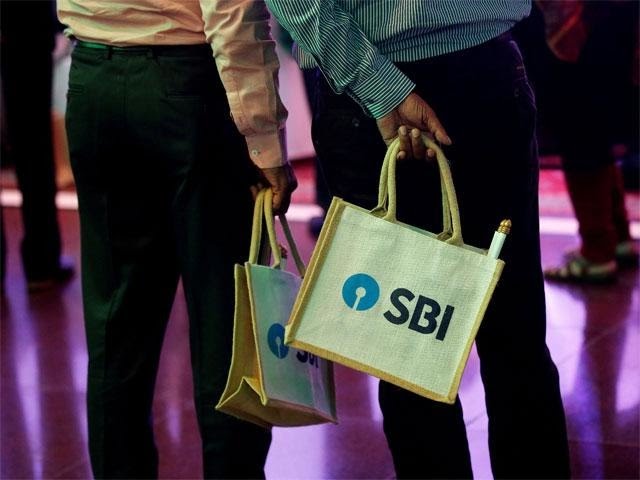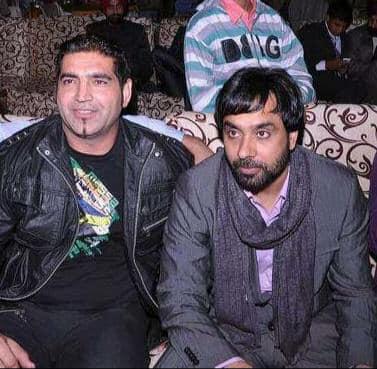HIGHLIGHTS
- SBI in a release stated that ‘it had waived (MAB) charges for its customers for the last 6 years’
- ‘The charges were reintroduced from April 1, 2017 which was subsequently revised downwards from October 1, 2017,’ it added
If the reports, quoting the finance ministry, were to be believed, the amount SBI generated via the minimum balance penalty is less that the net profit that the lender posted in the quarter ended September 2017 which is Rs 1,581.55 crore.
In a release, SBI stated that “it had waived (MAB) charges for its customers for the last 6 years” and “the charges were reintroduced from April 1, 2017 which was subsequently revised downwards from October 1, 2017 post receiving feedback from its stakeholders.”
The bank further said that “On an average balance of Rs 3,000 in metro(s), SBI earns Rs 6 only per month whereas for a minimum balance of Rs 1,000 in rural, banks earns on Rs 2 per month which is meagre when compared to the services offered and corresponding costs incurred by the bank (free cheque book, 8 free ATM transactions, free branch transactions).”
Few days back, a study by an IIT-Bombay professor has claimed that public sector as well as private banks have been imposing unreasonable charges on customers for failing to maintain minimum balances in their savings accounts.
The study conducted by a professor of statistics, Ashish Das, showed that some banks like Yes Bank and Indian Overseas Bank have been imposing penal charges of over 100 per cent per annum on shortfall in maintenance of minimum balance in customers accounts.
Reserve Bank of India (RBI) guidelines mandate that charges for non maintenance of minimum balance in savings bank accounts be “reasonable and not out of line with the average cost of providing the services”.
(With PTI inputs)













